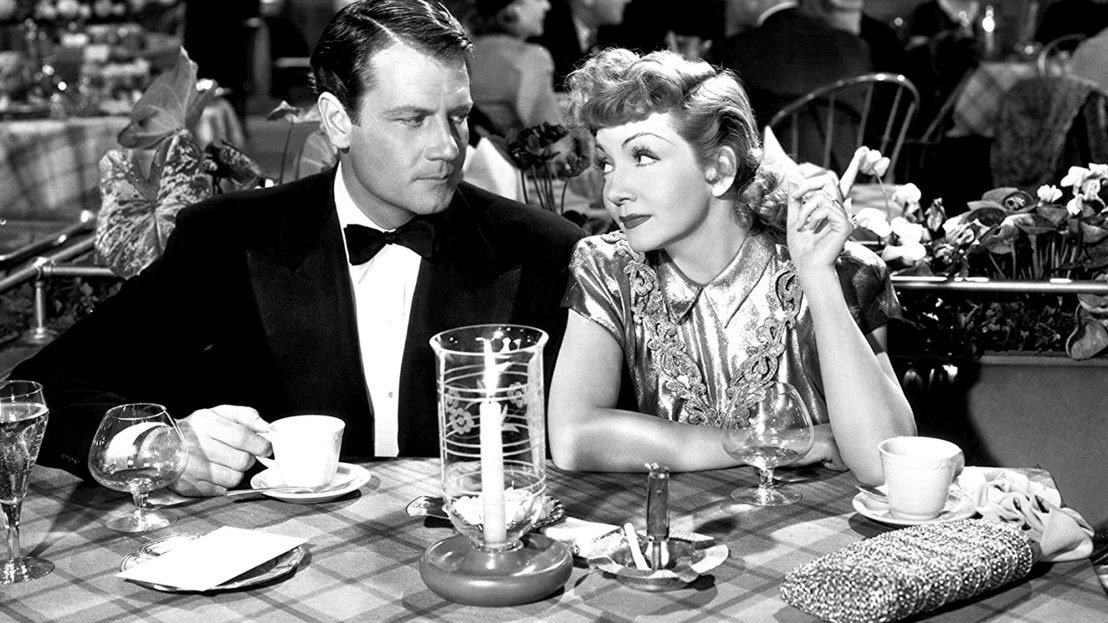 Back to selection
Back to selection
Over and Over Again
 The Palm Beach Story
The Palm Beach Story If your favorite films don’t show idiosyncratic tastes, you’re not alive. It means you’re just in a bubble of the culture and your own anxieties about what you think is real and not real. Whereas if you were to be honest about what’s important to you, it would have to be the things that actually make your heart sing, which is why I’m always suspicious of people who do a 10-best list that doesn’t have at least two titles from childhood. Was it really that bad? Isn’t wonder the whole point of the fucking thing? Why haven’t those films gone onto your longer list, your mature list? Unless you’re completely out of sync with your own self, shouldn’t they be, half of them, films you saw before you were 20?
When I answered the Sight & Sound poll, I chose Duck Amuck, which is not only a masterpiece but, as a child, makes you understand that the world is very different than you think it is. That’s really helpful. And then the first time I was able to watch a film over and over again was in Los Angeles, on Channel Z. We were staying with friends of the family, and I was maybe eight or 10, and we watched The Towering Inferno 10 times over a week, and it was great. There are things you didn’t see the first time, and you sort of learn after a while how to anticipate emotions, which is the whole point of being an adult as a not-psychotic person.
Later, my first true boyfriend forced me to watch 1940s films. I didn’t understand them, really. I was 20, and I basically started in the ’70s—very Quentin-like, in a funny way. An older man and my boyfriend made me sit down and watch what became my favorite film, The Palm Beach Story. They made me watch it two or three times, and suddenly I got it. And then The Lady Eve and The Miracle of Morgan’s Creek. It was like, “Oh, that’s comedy!”
Looking back, you can see the outlines of what shaped you, and that process makes you a better curator. Today, what Twitter wants you to do is consume everything, but we were at a moment when we were seeing things over and over again because there was a supply problem. It’s much better critically to be forced to see things over and over again.
— Noah Cowan, as told to Lizzie Francke and Scott Macaulay, 11/15/22
